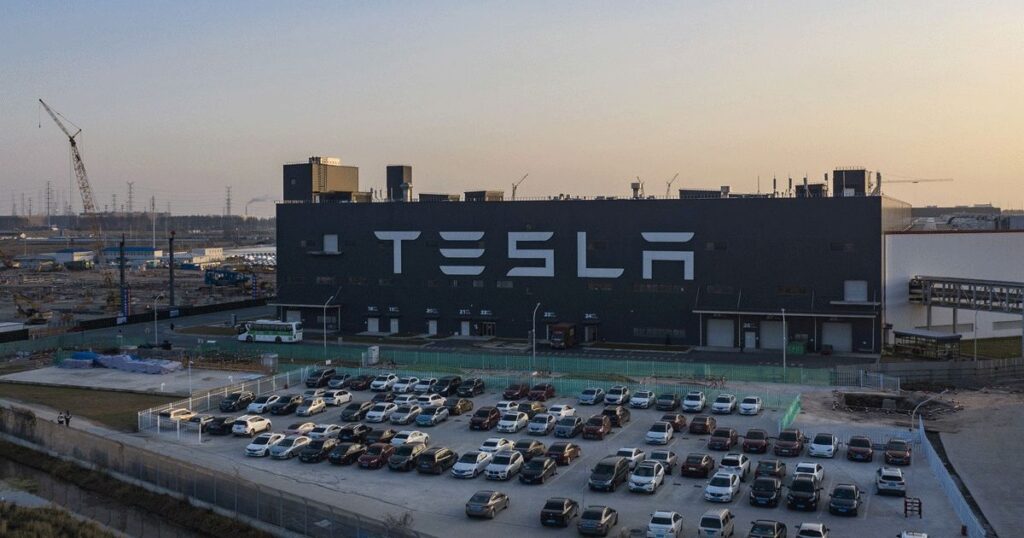Tesla Inc.’s production outage has been extended by at least 12 days, manufacturers are stockpiling critical semiconductors due to a truck driver shortage, and bankers are camped out in their offices as Shanghai’s Covid-19 lockdown affects business in China’s financial hub.
Cases are at an all-time high in the city, which has become the heart of China’s biggest outbreak since the pandemic began, and the city has been placed on lockdown indefinitely. While the country continues to adhere to its stringent Covid-Zero containment strategy, President Xi Jinping’s desire to prevent economic effects is becoming more difficult to fulfil in the face of the highly transmissible omicron strain.
According to Bloomberg Economics, the lockdowns and virus containment efforts threaten to lower China’s economic growth this year to less than the government’s 5.5 percent forecast. They also threaten to wreak havoc on already-stressed global supply chains, engulfing enterprises ranging from semiconductor giant Semiconductor Manufacturing International Corp. to a South Korean noodle producer.
Tesla informed some suppliers and employees on Tuesday that its Shanghai factory – which has been closed since the city went into a phased lockdown on March 28 – will remain closed at least through Thursday, according to people familiar with the matter who requested anonymity because the information is not public.
Tesla has now lost 12 days of production in recent weeks, including this week’s holiday, following a separate two-day closure in March. Tesla’s first Gigafactory outside of the United States produced half of the company’s vehicles last year and produces automobiles not just for the lucrative Chinese market, but also for export to Europe and other parts of Asia.
Tesla China’s representative did not immediately respond to a request for comment.
Bank and money management firm employees who were called back to work prior to the lockout remain trapped in their offices.
One fund manager stated that he and colleagues sealed a floor drain out of fear that it could encourage viral spread after a few persons on the level above tested positive but were delayed from entering a quarantine facility, which is required for all Covid cases in China regardless of severity.
Workers are concerned about the possibility of an outbreak, and while the firm has attempted to find a solution, it is a difficult problem to handle, according to the individual, who requested anonymity to discuss confidential company concerns.
Certain companies, including chip giants Taiwan Semiconductor Manufacturing Co. and SMIC, as well as iPhone assembler Pegatron Corp., have maintained operations by implementing a so-called closed loop system in which workers live on-site and are tested on a regular basis. For companies like SMIC, a new difficulty has emerged: getting the trucks necessary to transport their chips to clients. SMIC’s spokesperson declined to comment on logistics.
South Korean enterprises are also impacted, with operations at Nongshim Co.’s Shanghai noodle plant, Orion Corp.’s confectionary plant, and Amorepacific Corp.’s cosmetics unit suspended earlier this month. The enterprises all informed Bloomberg News that they have been following local authorities’ directions and are unsure when they would be able to reopen.
Spindex Industries Ltd. of Singapore, which supplies precision components to the automotive sector, has prolonged the shutdown of its Shanghai plant until April 10 or until local authorities permit operations to resume. The uncertainty surrounding the lockdown’s prolongation is projected to have a detrimental effect on the company’s financial performance, the company stated in an exchange filing.
